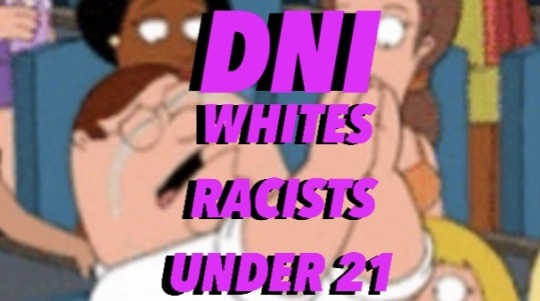#african american heritage month
Text

#black history month#black excellence#african american history#black heritage#celebrating black history#black culture#black leaders#civil rights#black achievements#black pride#historical legends#black lives matter#black empowerment#black history 365#trailblazers#black history facts#our history#black history celebration#empowering black voices.#021224
418 notes
·
View notes
Text
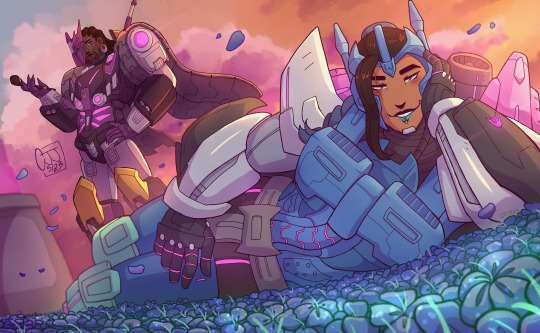
I can finally show my full piece for @allsparkzines's REPRESENT Humanformers zine!! It was an absolute blast working on it and I'm so proud of how it and the zine turned out! Predictably, I drew Overlord and Tarn XP (full view recommended)
Today (June 20) is the last day to preorder so please consider getting a copy from HERE!! It would be greatly appreciated!
For a little background, in my Humanformers AU, the Autobots and Decepticons fight with specialized power armor that resemble their cybertronian designs, albeit with a few alterations. Overlord's and Tarn's suits are still technically WIPs, but what you see here is close to the final for now!
Close-ups of the two, I'm proud of how they turned out!

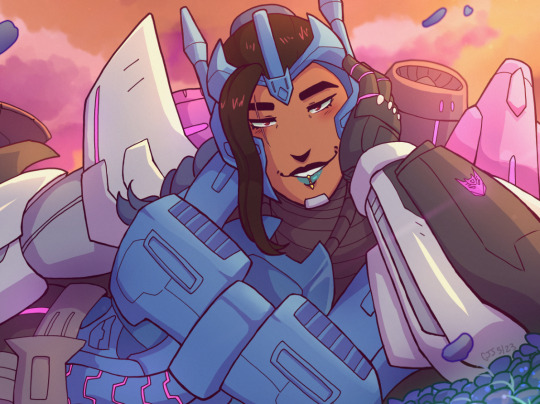
#for my hcs: Tarn is African American of Hausa heritage and Overlord is Filipino#maccadam#transformers#overlord#tarn#mtmte#idw mtmte#idw#humanformers#zine#fanzine#fan zine#transformers zine#represent zine#representzine#cjj arts#this is the piece that sapped my drawing juice for a whole month btw roflmao
700 notes
·
View notes
Text
I’m so tired of just being “African American”


When I really think about it, I’m so tired of it. When people think about African Americans— even when African Americans think about ourselves, what’s the first thing that comes to mind? Slavery. Discrimination. Pain. Endurance. Why do WE have the be the face of pain? Our people’s culture is NOT pain. Our culture is NOT slavery. Our culture is NOT just rebellion. Our culture is NOT facing racism. We are so much more than that. When you learn about African Americans it’s never about our music, our inventions, our food, our style, our way of life. It’s always about being at the end of the stick. We were never taught the BEAUTY of African Americans. Only the worse. I know because of what we experienced, IS a big part of our culture, but come on. Social injustice isn’t the only thing we consist of. Like I said, I know it’s important to be taught. Im just tired of always the “inferiority” being taught about us and not anything else’s beyond that.
I also feel like that’s part of a reason why people are so comfortable with just constantly taking from us. Taking from our culture. Because point one, they’re ignorant. And point two all there really is to “African Americans” if slavery and discrimination.
Who are we? Who are African Americans outside of just being the face of social injustice. The short end of the stick. I know some people may make a face while reading this, but it’s just how I feel. I am proud of my people and proud of what we fought for. How we did it. And how far we have come. It’s understanding of, if you’re African American, who are you to yourself? Who are your people to you? And if you’re not African American it’s an understanding of who are we to you? And on neither side, should it just be the face of injustice.
- I dare to mention that I’m a little bit afraid how people may feel about this. But I only hope to find people who agree, and perhaps even put a thought or two in the heads of the ones that don’t.
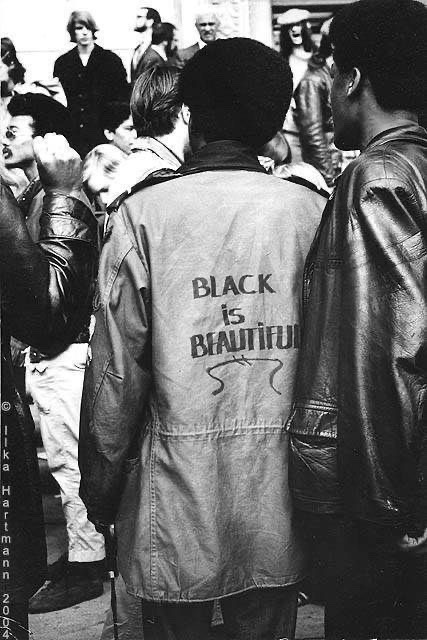

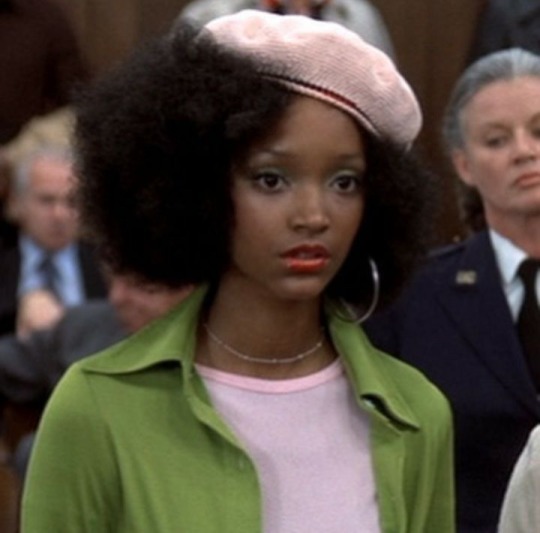
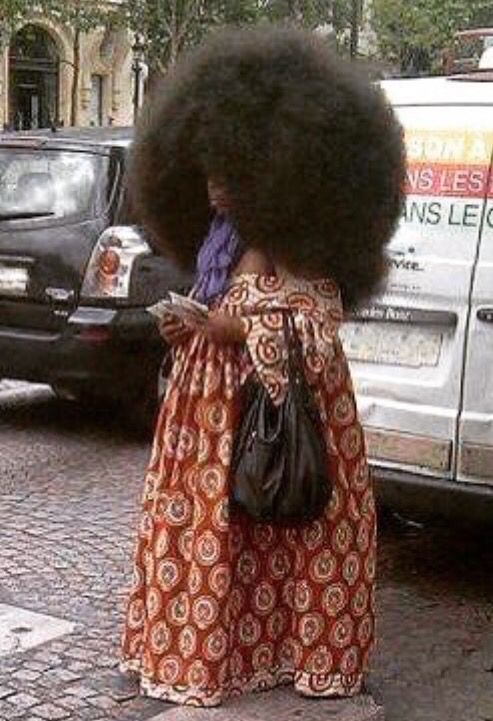
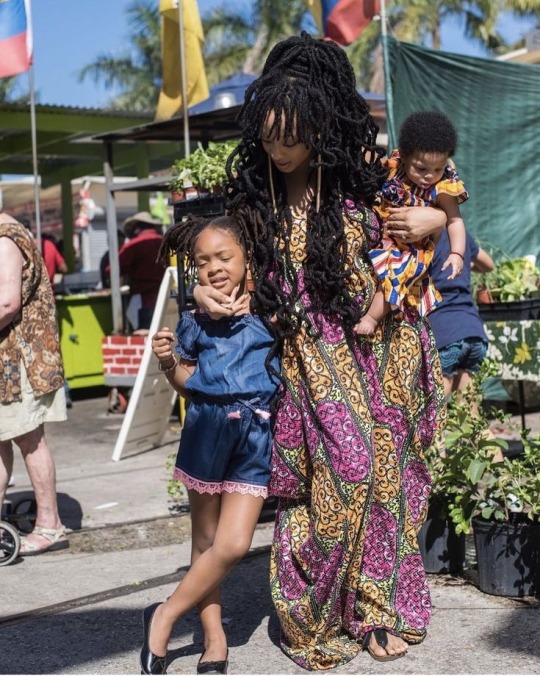


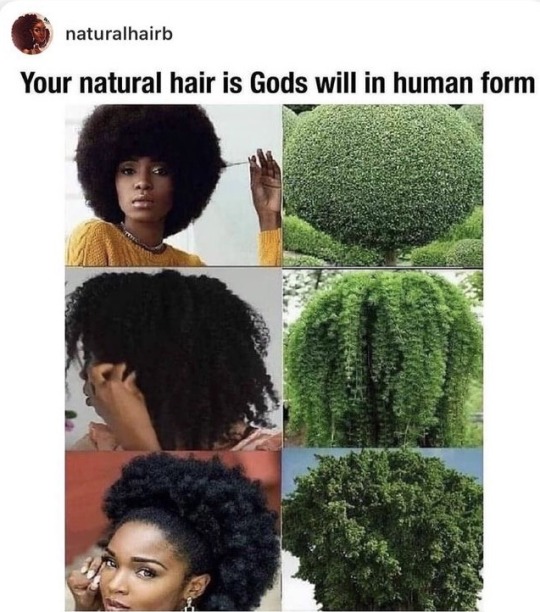
#blacklivesmatter#black history#black history month#x black reader#black heritage#blm#african american#soulaan#soul music#soul#soul food#black people#black woman#kinky hair#culture#life#black community#black beauty#soft black girls#soft black women#black femininity#black masculinity#juneteenth#afro#natrual#curly hair#coily hair#black culture#black man#black is beautiful
64 notes
·
View notes
Text
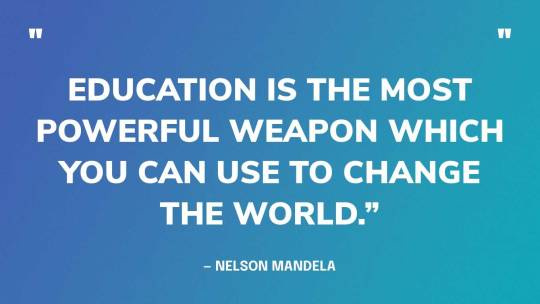
#nelson mandela#south africa#black tumblr#black history is american history#african history#quotes#black history month#black history#african heritage
63 notes
·
View notes
Text
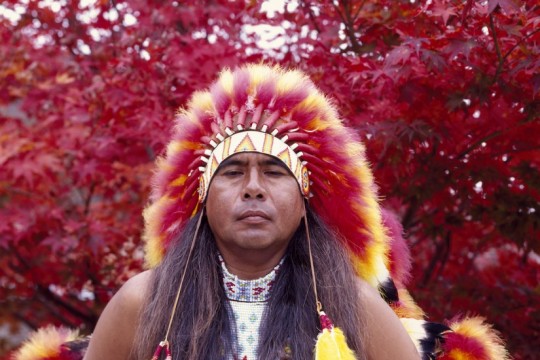
Why Do So Many Americans Think They Have Cherokee Blood?
The history of a myth.
BY GREGORY D. SMITHERS
“I cannot say when I first heard of my Indian blood, but as a boy I heard it spoken of in a general way,” Charles Phelps, a resident of Winston-Salem in North Carolina, told a federal census taker near the beginning of the 20th century. Like many Americans at the time, Phelps had a vague understanding of his Native American ancestry. On one point, however, his memory seemed curiously specific: His Indian identity was a product of his “Cherokee blood.”
The tradition of claiming a Cherokee ancestor continues into the present. Today, more Americans claim descent from at least one Cherokee ancestor than any other Native American group. Across the United States, Americans tell and retell stories of long-lost Cherokee ancestors. These tales of family genealogies become murkier with each passing generation, but like Phelps, contemporary Americans profess their belief despite not being able to point directly to a Cherokee in their family tree.
Recent demographic data reveals the extent to which Americans believe they’re part Cherokee. In 2000, the federal census reported that 729,533 Americans self-identified as Cherokee. By 2010, that number increased, with the Census Bureau reporting that 819,105 Americans claimed at least one Cherokee ancestor. Census data also indicates that the vast majority of people self-identifying as Cherokee—almost 70 percent of respondents—claim they are mixed-race Cherokees.
Why do so many Americans claim to possess “Cherokee blood”? The answer requires us to peel back the layers of Cherokee history and tradition.
Most scholars agree that the Cherokees, an Iroquoian-speaking people, have lived in what is today the Southeastern United States—Virginia, West Virginia, Kentucky, North and South Carolina, Georgia, and Alabama—since at least A.D. 1000. When Europeans first encountered the Cherokees in the mid–16th century, Cherokee people had well-established social and cultural traditions. Cherokee people lived in small towns and belonged to one of seven matrilineal clans. Cherokee women enjoyed great political and social power in the Cherokee society. Not only did a child inherit the clan identity of his or her mother, women oversaw the adoption of captives and other outsiders into the responsibilities of clan membership.
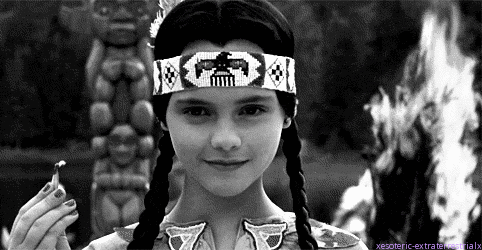
As European colonialism engulfed Cherokee Country during the 17th and 18th centuries, however, Cherokees began altering their social and cultural traditions to better meet the challenges of their times. One important tradition that adapted to new realities was marriage.
The Cherokee tradition of exogamous marriage, or marrying outside of one’s clan, evolved during the 17th and 18th centuries as Cherokees encountered Europeans on a more frequent basis. Some sought to solidify alliances with Europeans through intermarriage.
It is impossible to know the exact number of Cherokees who married Europeans during this period. But we know that Cherokees viewed intermarriage as both a diplomatic tool and as a means of incorporating Europeans into the reciprocal bonds of kinship. Eighteenth-century British traders often sought out Cherokee wives. For the trader, the marriage opened up new markets, with his Cherokee wife providing both companionship and entry access to items such as the deerskins coveted by Europeans. For Cherokees, intermarriage made it possible to secure reliable flows of European goods, such as metal and iron tools, guns, and clothing. The frequency with which the British reported interracial marriages among the Cherokees testifies to the sexual autonomy and political influence that Cherokee women enjoyed. It also gave rise to a mixed-race Cherokee population that appears to have been far larger than the racially mixed populations of neighboring tribes.
Europeans were not the only group of outsiders with which 18th-century Cherokees intermingled. By the early 19th century, a small group of wealthy Cherokees adopted racial slavery, acquiring African slaves from American slave markets. A bit more than 7 percent of Cherokee families owned slaves by the mid-1830s; a small number, but enough to give rise to a now pervasive idea in African culture: descent from a Cherokee ancestor.
In the early 20th century, the descendants of Cherokee slaves related stories of how their African forebears accompanied Cherokees on the forced removals of the 1830s. They also recalled tales of how African and Cherokee people created interracial families. These stories have persisted into the 21st century. The former NFL running back Emmitt Smith believed that he had “Cherokee blood.” After submitting a DNA test as part of his 2010 appearance on NBC’s Who Do You Think You Are, he learned he was mistaken. Among African Americans, as among Americans as a whole, the belief in Cherokee ancestry is more common than actual blood ties.
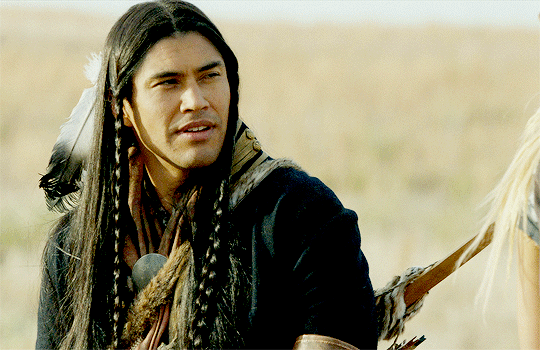
#african#afrakan#kemetic dreams#brownskin#africans#brown skin#afrakans#Ani'-Yun'wiya#tsalagi#Kituwah#cherokee#asian#asians#asian american#stop asian hate#filipino american#asian heritage month#aapi
14 notes
·
View notes
Text
🤎🖤happy black history month to the black community!!🖤🤎
#thatcreepydoll#buttons talks#blacklivesmatter#black history#african american heritage#black history month#all lives matter
9 notes
·
View notes
Text
Rebecca Lee Crumpler was also one of the first female physician authors in the nineteenth century.

In 1883, she published A Book of Medical Discourses. The book has two parts that cover the prevention and cure of infantile bowel complaints, and the life and growth of human beings. Dedicated to nurses and mothers, it focuses on maternal and pediatric medical care and was among the first publications written by an African American on the subject of medicine.

She made a number of contributions these societies, and the Massachusetts Medical Society. She was the first woman and/or person of color elected President of the Society of Academic Anesthesiology Chairs. Her legacy includes training over 100 anesthesiologists.
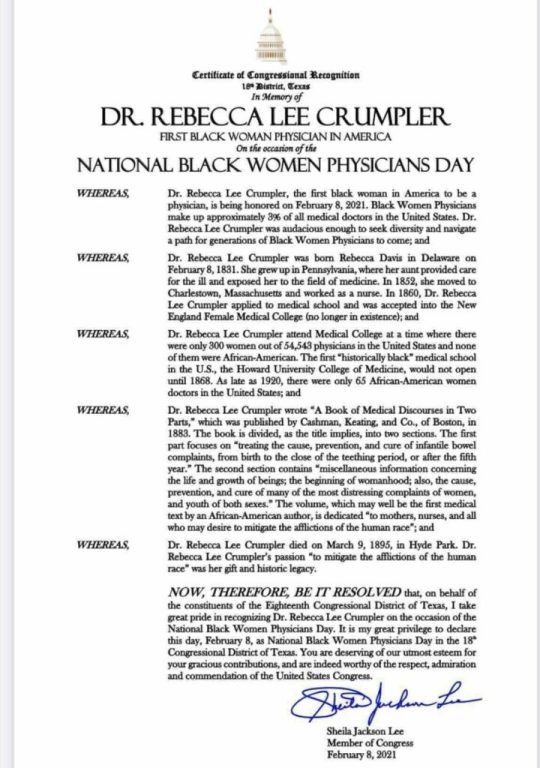
Crumpler was subject to "intense racism" and sexism while practicing medicine. During this time, many men believed that a nearly immutable difference in average brain size between men and women explained the difference in social, political, and intellectual attainment.Because of this, many male physicians did not respect Rebecca Lee Crumpler, and would not approve her prescriptions for patients or listen to her medical opinions.
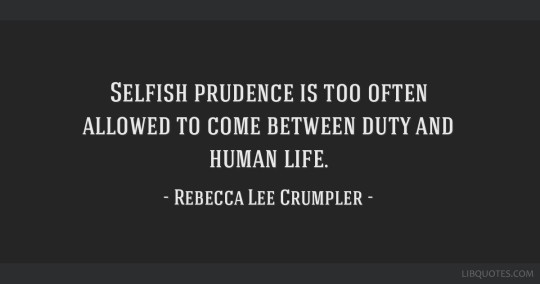
Read more about her here!
V
V
V
#lgbt#human rights#humanity#leftist#lgbtq#history#love#black herstory#black woman#black history#blacklivesmatter#black women#black history month#black doctors#first black woman to become a doctor#doctor#medicine#african american history#heritage#autism#socialism#leftism#social justice
6 notes
·
View notes
Text

Kamau Sadiki Dives With a Purpose
Read his interview containing impactful stories of diving at shipwrecks from the Trans-Atlantic Era of African Enslavement.
Register for tomorrow’s webinar as we hear Kamau Sadiki talk about Diving With a Purpose, a non-profit organization of divers whose mission is to share stories of shipwrecks involved in the commodification and enslavement of Black bodies.

#Black History Month#Black Culture#Black Tumblr#Earth Is Blue#noaa#science#ocean#national marine sanctuary#Shipwrecks#History#Heritage#African American History#Webinar#Education
49 notes
·
View notes
Text

Credit: Jarred Evans@jarred_evans
#IG#Instagram#Jarred Evans@jarred_evans#Pleasant Grove School#Clarendon County#African Americans#1933#1953#Restoration Project#Black History#Cultural Heritage#BHM#Black History Month
3 notes
·
View notes
Text
African American Herbalism

Discover the roots of modern-day herbal remedies, plant medicine, holistic rituals, natural recipes, and more that were created by African American herbal healers throughout history.
This first-of-its-kind herbal guide takes you through the origins of herbal practices rooted in African American tradition—from Ancient Egypt and the African tropics to the Caribbean and the United States. Inside you’ll find the stories of herbal healers like Emma Dupree and Henrietta Jeffries, who made modern American herbalism what it is today.
After rediscovering the forgotten legacies of these healers, African American Herbalism dives into the important contributions they made to the world of herbalism, including:
Rituals for sacred bathing and skin care
Herbal tinctures, potions, and medicine
Recipes for healing meals and soul food
And more!
You’ll also find a comprehensive herbal guide to the most commonly used herbs—such as aloe, lavender, sage, sassafras, and more—alongside gorgeous botanical illustrations. African American Herbalism is the perfect guide for anyone wanting to explore the medicinal and healing properties of herbs.
26 notes
·
View notes
Text
"Conjure doctors were believed by some to have the ability to "fix" slaves who had been injured. Whites sometimes solicited conjure doctors when regular medicine didn't work. However, because conjuring was not generally supported or tolerated by plantation owners or the White medical profession, conjure and hoodoo practitioners were often kept secret and hidden from view. Practitioners and patients stored out of sight from Whites the trappings of hoodoo and conjuring, such as charms and amulets."
— African American Slave Medicine: Herbal and Non-Herbal Treatment, Herbert C. Covey
#african american slave medicine: herbal and non herbal treatments#herbert c. covey#hoodoo heritage month#hoodoo history#hoodoo#rootwork#conjure#rootworkers of tumblr#lady-conjuress
2 notes
·
View notes
Text
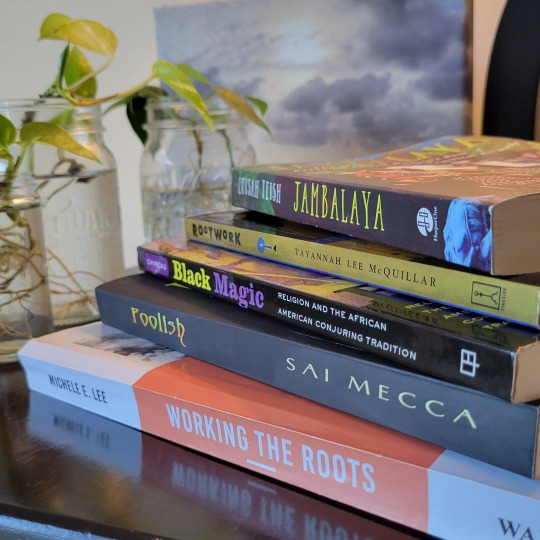
#hoodoo#hoodoo heritage month#hoodoo history month#conjure#hoodoo history#mojo#black girl magic#black religion#folk magic#african american#african america history#books#book blog#rootwork
18 notes
·
View notes
Text
New York State Launches I Love NY Black Travel Initiative
I LOVE NY Will Promote Black Travel Destinations, Events and Cultural Attractions to Encourage Black Travelers to Explore New York State
Builds on I LOVE NY LGBTQ and Accessible NY Programs to Boost New York Tourism Among Diverse Populations
I LOVE NY’s Black travel initiative will be a comprehensive program that promotes New York State as a great vacation destination for Black travelers. New…

View On WordPress
#@I_Love_NY#African American history#Black heritage#Black history#Black History Month#Black tourism#Black travel#I Love New York#I Love NY Black Travel initiative#New York tourism
2 notes
·
View notes
Text
instagram



#black american heritage flag#african american heritage flag#black history month#black power#black excellence#black history
0 notes
